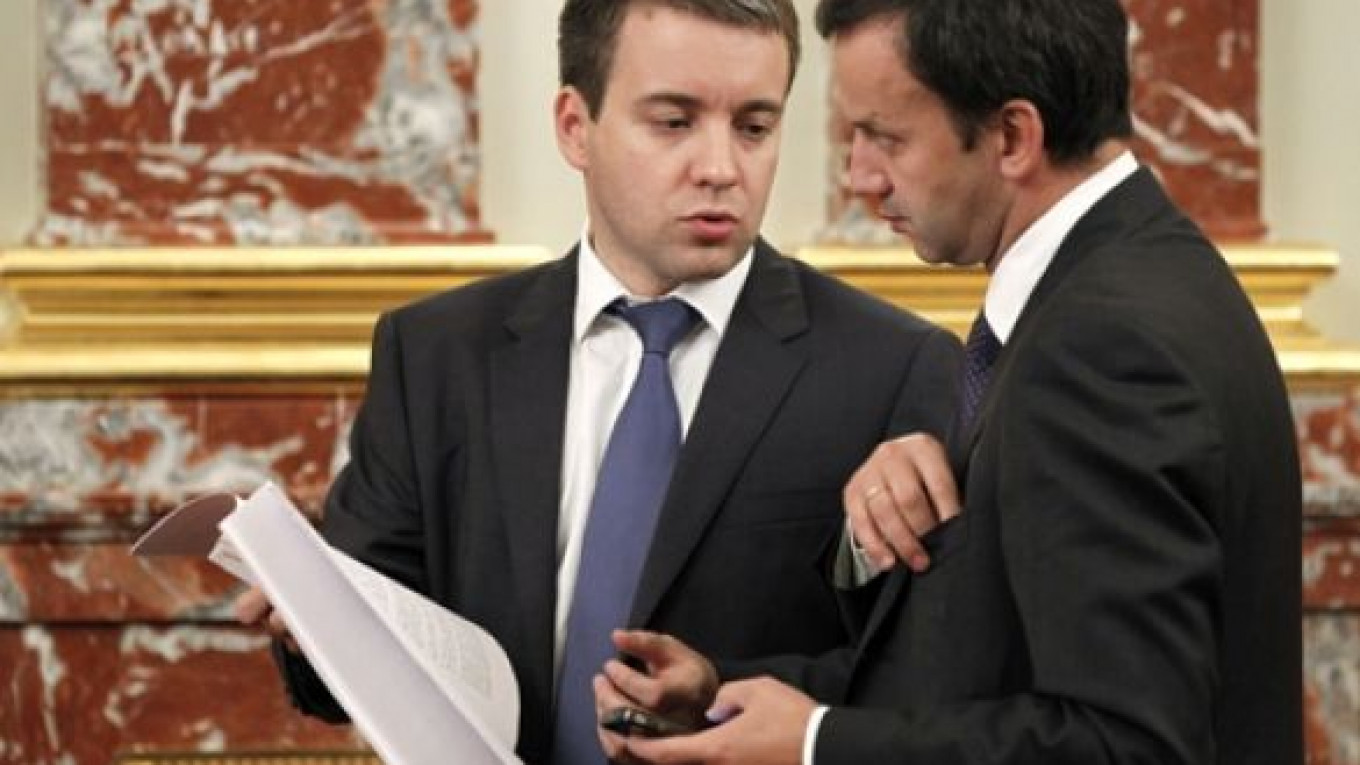The websites YouTube and VKontakte have been blocked for many Internet users in Volgograd region due to an anti-Muslim video available on the sites, even while a top government official insisted that YouTube will not be blocked nationwide over the clip.
Volgograd region Internet provider Sprint-set has blocked access to video-sharing service YouTube and social network VKontakte at the request of the Federal Mass Media Inspection Service, Interfax reported, citing Twitter messages by local Internet users.
A scanned copy of a letter from the mass media watchdog appears on many Internet users' screens in Volgograd region when they attempt to visit YouTube or VKontakte, the news agency said.
The letter contains a recommendation that Internet providers block all access to the "Innocence of Muslims" film trailer that has sparked violent protests in the Middle East and North Africa.
Earlier this week, the Prosecutor General's Office instructed regional prosecutors to warn Internet providers that they could be breaking a federal law on extremism by hosting websites that have the clip.
The extremism law states that organizations can be held liable for providing access to materials suspected of being extremist.
Federal prosecutors are seeking a court order to ban the clip, which has dozens of versions on YouTube's Russian-language page.
As reports surfaced of the YouTube blackout in Volgograd region, Communications and Press Minister Nikolai Nikiforov moved to quell speculation that YouTube could be blocked nationwide.
Nikiforov had broached the possibility of a blackout of the website because of the "Innocence of Muslims" clip in a message Tuesday on Twitter.
He told journalists Friday that his comment had been "taken out of context" and said there would be no country-wide blackout of YouTube, RIA-Novosti reported. He said that if a court pronounces the "Innocence of Muslims" video extremist, access to it will be restricted.
Related articles:
A Message from The Moscow Times:
Dear readers,
We are facing unprecedented challenges. Russia's Prosecutor General's Office has designated The Moscow Times as an "undesirable" organization, criminalizing our work and putting our staff at risk of prosecution. This follows our earlier unjust labeling as a "foreign agent."
These actions are direct attempts to silence independent journalism in Russia. The authorities claim our work "discredits the decisions of the Russian leadership." We see things differently: we strive to provide accurate, unbiased reporting on Russia.
We, the journalists of The Moscow Times, refuse to be silenced. But to continue our work, we need your help.
Your support, no matter how small, makes a world of difference. If you can, please support us monthly starting from just $2. It's quick to set up, and every contribution makes a significant impact.
By supporting The Moscow Times, you're defending open, independent journalism in the face of repression. Thank you for standing with us.
Remind me later.






